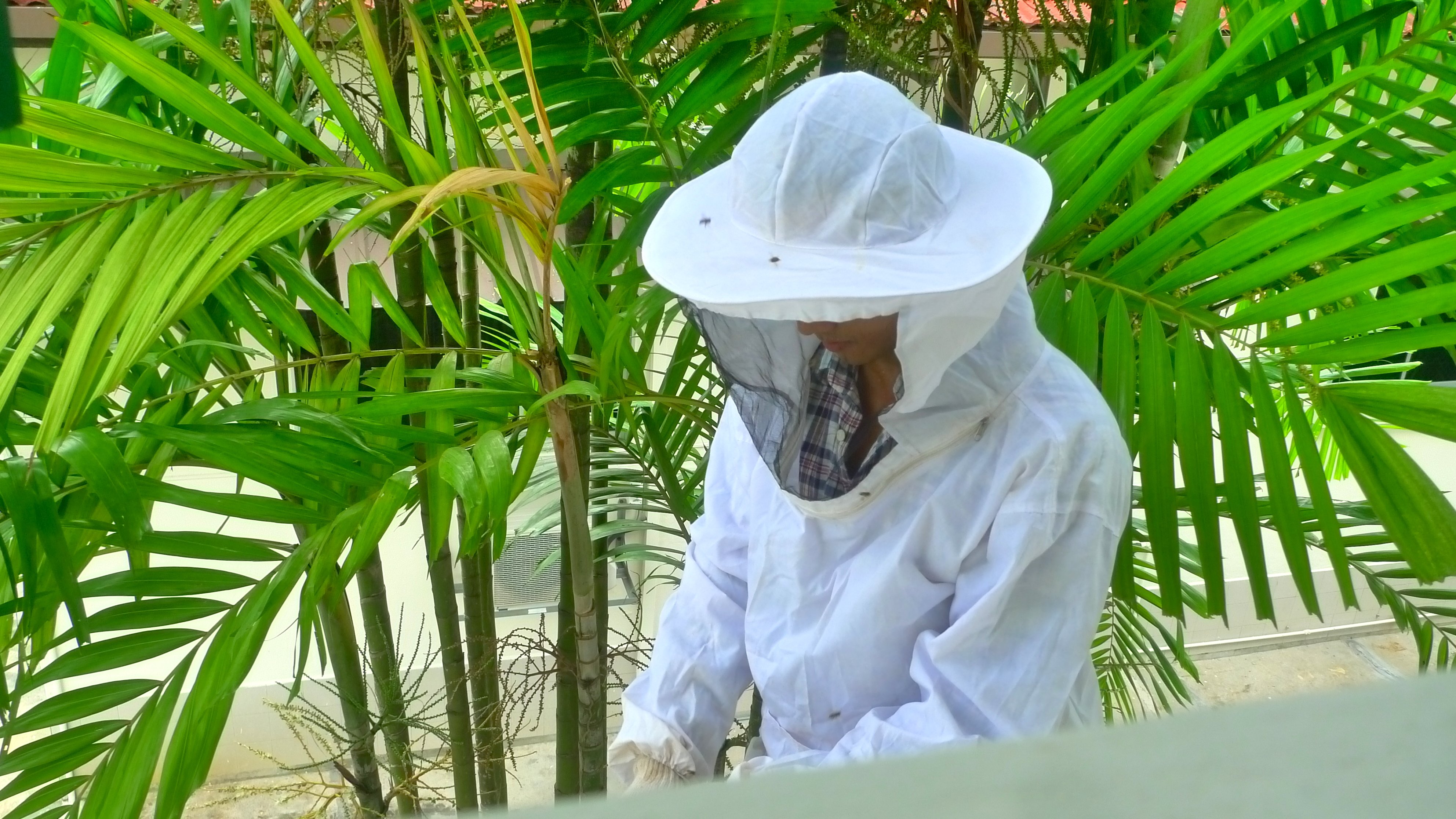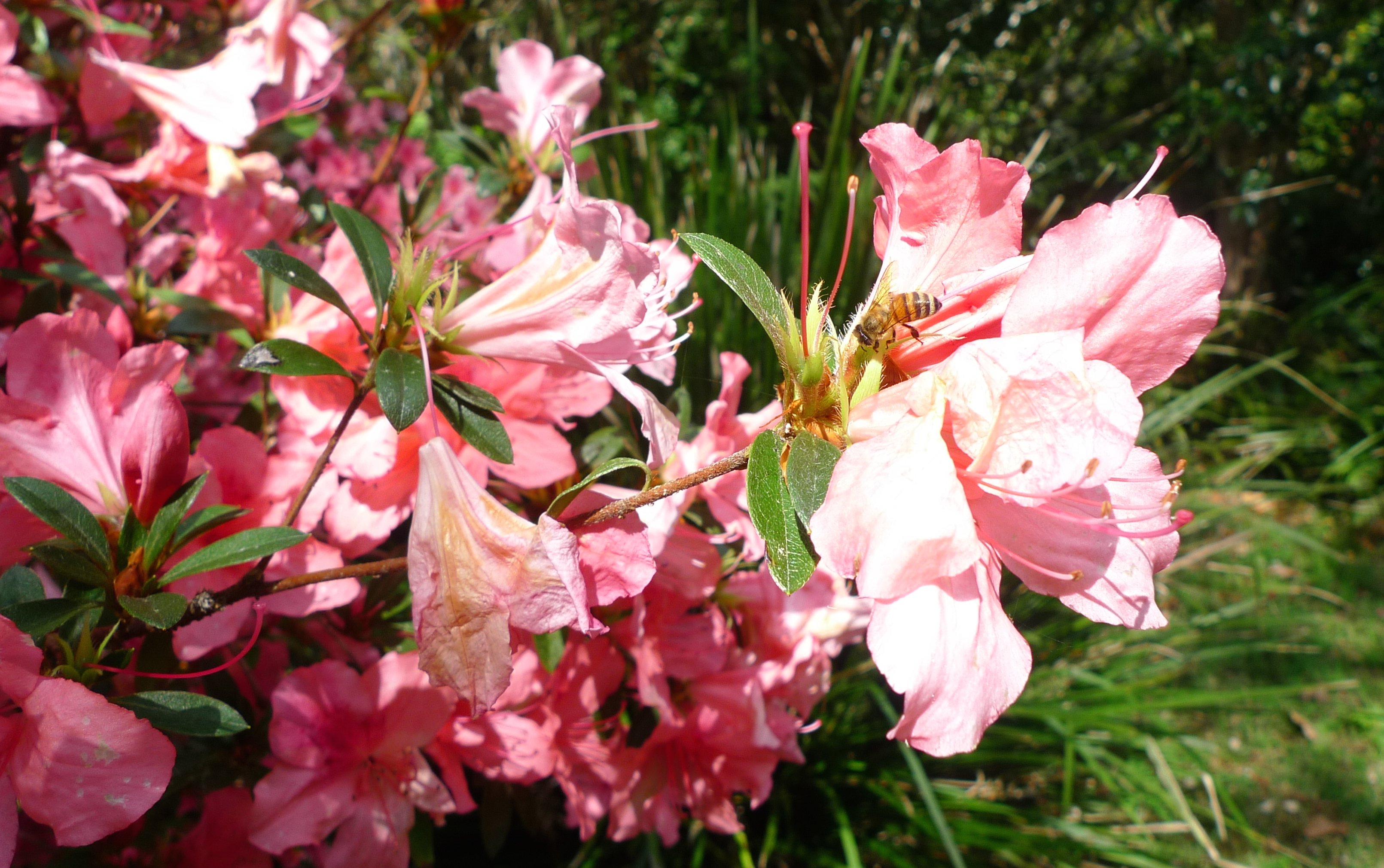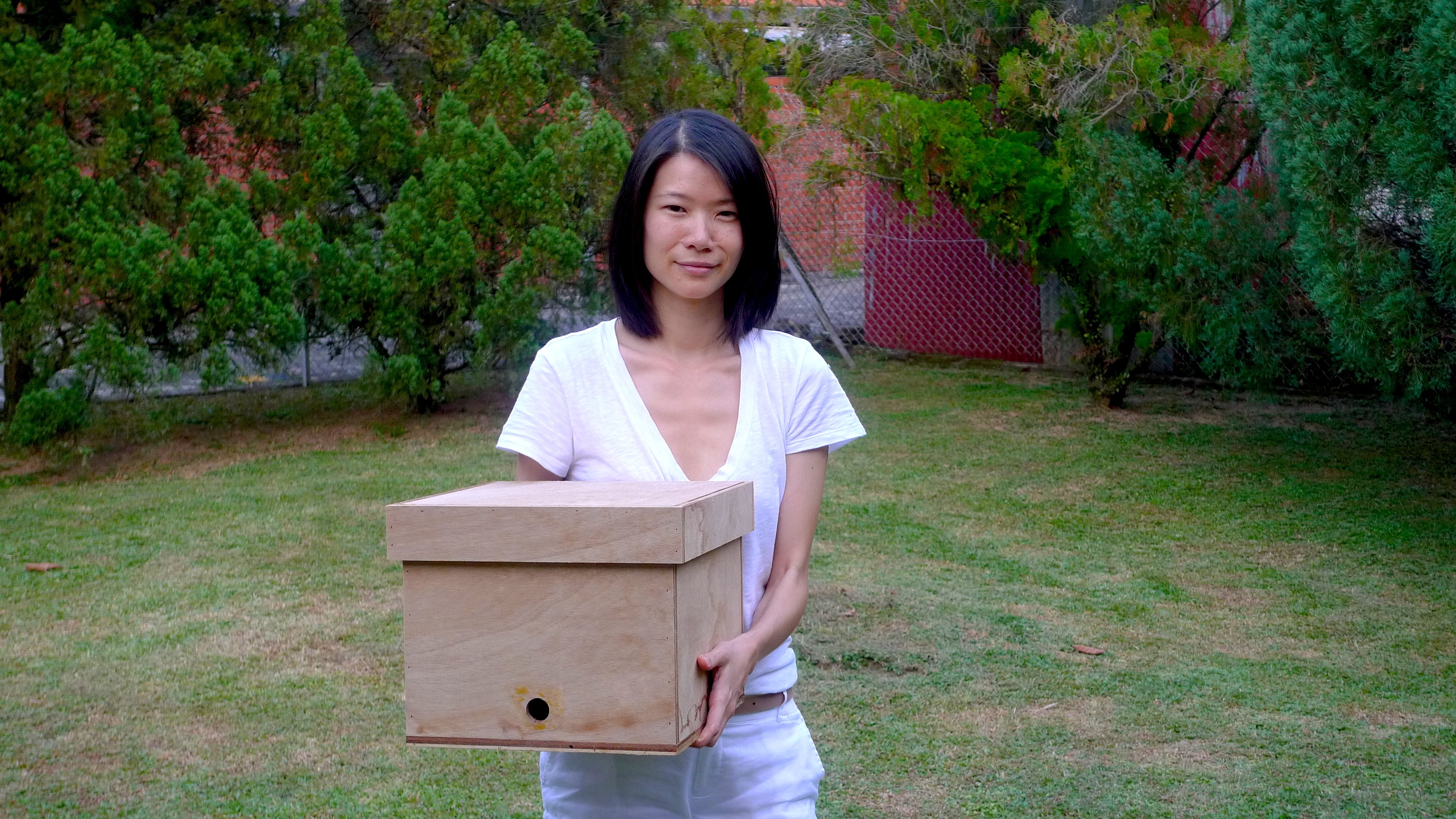While bees pose a threat to most urban dwellings, and the instinctive response is to call pest control and opt for bee extermination in Singapore, there is a better way. A less messy, non-toxic approach is have bees relocated with the assistance of experienced beekeepers. Humane bee removal in Singapore is possible and affordable.
Does anyone remove bees for free in Singapore?
Whether it is bee extermination or bee relocation, it incurs a fee, so why not opt for a more ethical, chemical-free, and natural approach? Bees play an important role in Singapore’s ecosystem, pollinating flowers of food crops and flowering plants, they just need to be moved to a place that doesn’t threaten humans, or adopted and raised in a bee hive.
How much does beehive removal cost in Singapore?
Expect to pay $150 – $600 depending on which beekeeper you call, and at least $120 for pest control bee removal. It can take hours to remove the beehive, and the price reflects the complexity of the job.
It is important to note that bees do not go around stinging people, unless provoked. This only happens when they feel threatened. Female honey bees in particular die shortly after stinging someone because their stinger is dislodged from their body and they are disembowelled in the process. How to avoid being stung by a bee? A few things that get their attention are hairspray, deodorant and bright clothing. These can cause alarm to bees.



 Most certainly not pest control! We have a shrinking population of native bees in Singapore and we need to protect them. While they might seem scary in a big swarm, don’t let it intimidate you and your family members, because they will not sting anyone unless they feel threatened. They are important pollinators in Singapore and it breaks my heart each time I hear about pest control companies killing bees.
Most certainly not pest control! We have a shrinking population of native bees in Singapore and we need to protect them. While they might seem scary in a big swarm, don’t let it intimidate you and your family members, because they will not sting anyone unless they feel threatened. They are important pollinators in Singapore and it breaks my heart each time I hear about pest control companies killing bees.